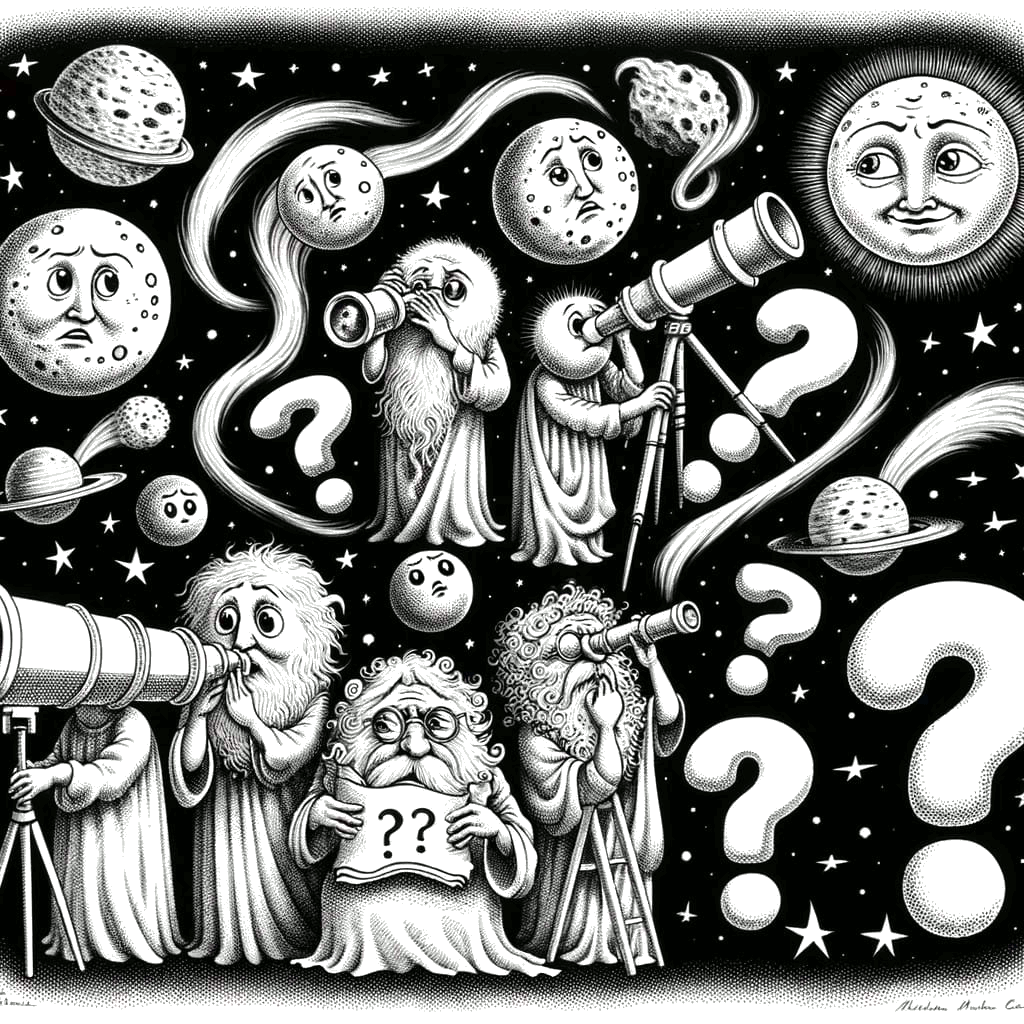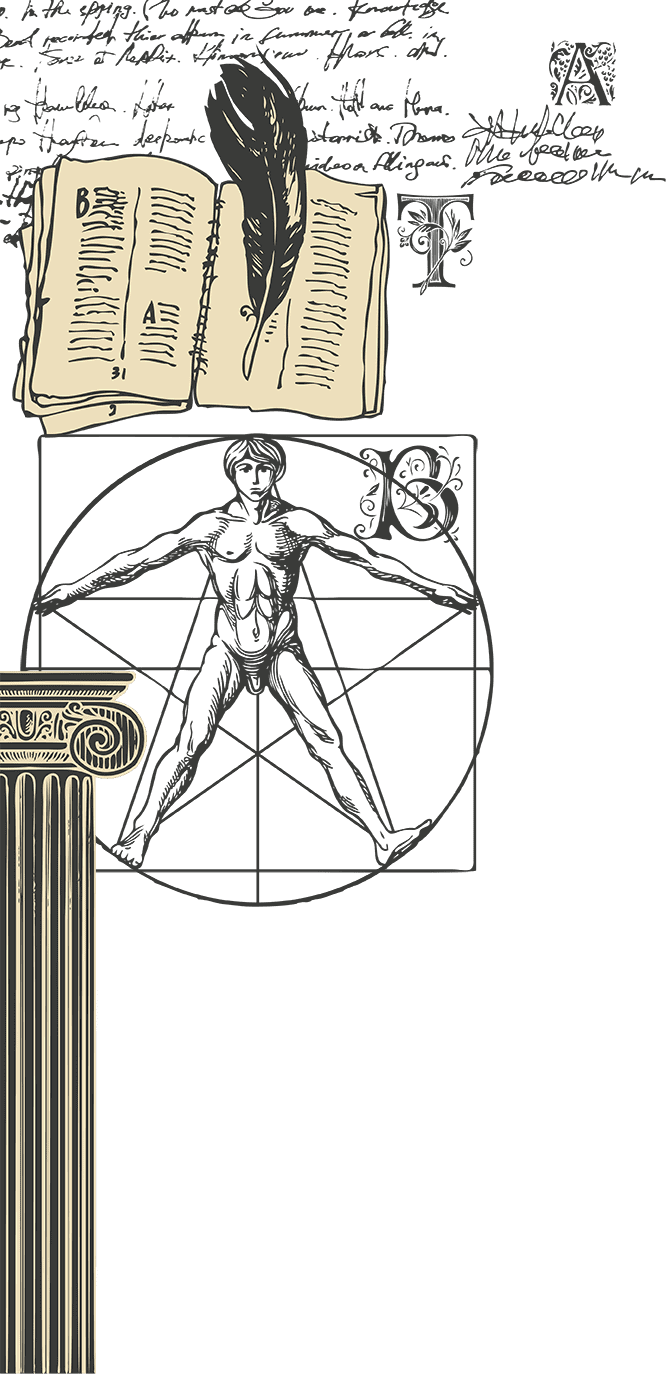
Douglas Adams’ “The Hitchhiker’s Guide to the Galaxy,” humorously proposes that the answer to the ultimate question of life, the universe, and everything is simply the number 42. This idea serves as a witty metaphor for the human quest to understand the cosmos, highlighting the irony and absurdity of seeking definitive answers to its profound mysteries. This essay delves into the humor inherent in this pursuit, especially under the notion that even the most advanced artificial intelligence might someday provide an answer so profound it transcends our understanding.
The humor in Adams’ revelation lies in the stark contrast between expectation and reality. We often approach the universe as a grand puzzle, anticipating that the culmination of our intellectual pursuits will yield significant, life-altering insights. However, the simplicity of ’42’ subverts this expectation, emerging as a comedic twist. It reflects the situation humorously: as beings in an immense universe, we earnestly attempt to unlock its secrets, yet our efforts might only yield answers as baffling as they are simple.
Introducing artificial intelligence into this equation adds a layer of irony. Regarded as the epitome of human intellect, capable of transcending our cognitive limits, the idea that even AI might arrive at an answer as cryptic as ’42’ is both amusing and sobering. It suggests that the universe’s intricacies might be so vast that even advanced AI can only offer answers that are correct yet enigmatic, highlighting the limitations of even our most sophisticated tools.
This concept resonates with a particular brand of humor that finds levity in life’s absurdities. The number 42 as the ultimate answer is a cosmic jest, a reflection of the human condition: our yearning for understanding, our overconfidence in our ability to fully comprehend the universe, and the possibility that the truths we seek might be inherently elusive.
Ultimately, the number 42, representing the answer to everything, becomes a symbol of the humorous aspect of our existence. We are creatures driven by a desire for meaning in a universe that may not inherently possess it, or if it does, holds it in forms beyond our grasp. This pursuit, though perhaps futile, is quintessentially human, underscored by our innate curiosity and relentless drive to make sense of our surroundings. The true humor lies not in the answer itself, but in the journey – a path filled with more questions than answers, where the search for meaning becomes an endless, albeit amusing, odyssey.
And the brilliance is knowing the answer is irrelevant when you don’t know what the question is.
